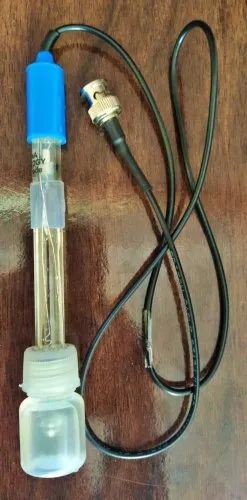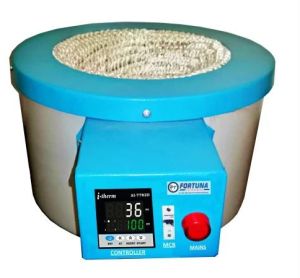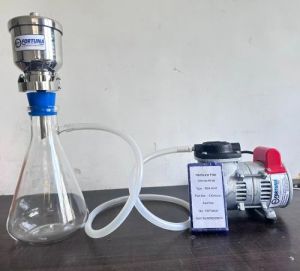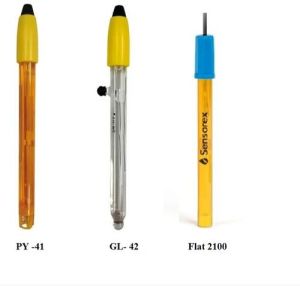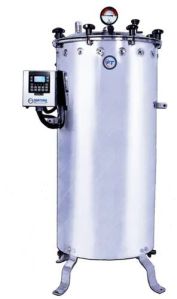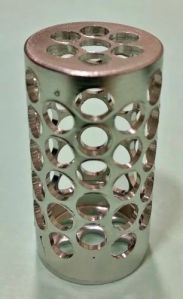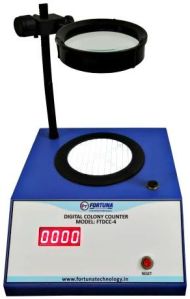- View Mobile Number
4,000.00 / Piece( + 18% GST applicable)
| Business Type | Manufacturer, Exporter, Supplier |
| Brand Name | Fortuna |
| Weight | 240 Gm |
| Usage/Application | Laboratory |
| Click to view more | |
Product Details
Country of Origin
India
Material
Stainless Steel, Glass
Finishing
Polished
Current Type
na
Condition
New
Model No
ACS
Type Of Ph Meter
Portable
Ph Range
0- 14 pH
Calibration
3 Points
Product Code
74081
Port
INDIA
Payment Terms
L/C
Delivery Time
2 WEEKS
Packaging Details
Standard
A pH electrode is a sensor that measures the hydrogen ion concentration (
) in a solution, or its pH. pH electrodes are used in many industries, including water treatment, food, pharmaceuticals, and environmental monitorinHow it works
H+cap H raised to the positive power
𝐻+- A pH electrode is made of glass that can sense
concentration.H+cap H raised to the positive power𝐻+
- The electrode is connected to a pH meter, which displays the pH value on a digital screen.
- The electrode measures the potential difference between the glass surface and the solution.
- The potential difference changes based on the concentration of
ions.H+cap H raised to the positive power𝐻+
- The pH meter converts the potential difference into a pH value.
What it's made of
- A pH electrode is made of a special glass that contains metal oxides like
,SiOcap S i cap O𝑆𝑖𝑂, andNaOcap N a cap O𝑁𝑎𝑂.CaOcap C a cap O𝐶𝑎𝑂
- The electrode may also contain a reference electrode and an active electrode.
What it's used for
- pH electrodes are used in laboratories, manufacturing, and environmental monitoring.
- They are used to measure pH in aqueous media, like water.
Looking for "PH Electrode Glass" ?
Piece

